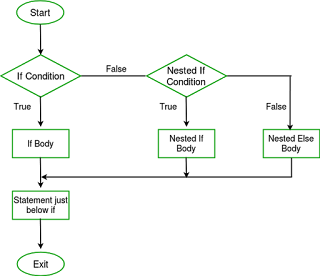The Problem of Time and how to predict the future

Time does not exist, it is something we have created to enable understanding. However time, some measure between two events is an interesting property. When you look at an image (picture) in "Linear time" (streaming) - seeing small pixels/ bits as they pass a point (let not do binary), it is impossible to work out the picture from the pixels. You need all the streams aligned and when you step back you see the image. Looking at one pixel does not allow you to see the whole. When the separation, of an innovation/ idea to 10 million users, is only time; the question become how far along the journey do you go before the story becomes a picture that most can see, and how near to the end to you have to get before it is clear for everyone? What enables/ allows someone to see a picture before it exists and how many bits/ pixels do you need to have seen ?




